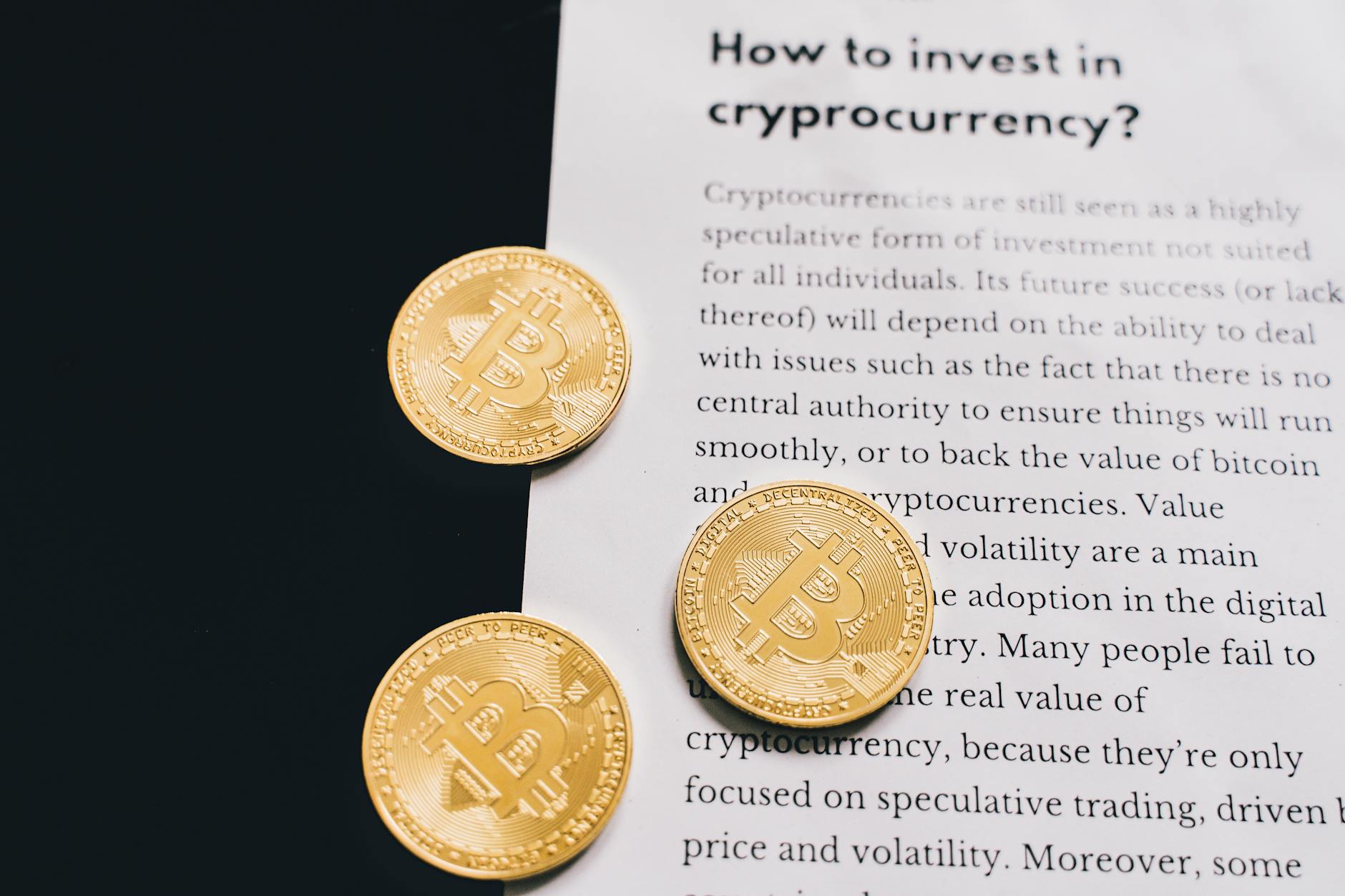Bitcoin’s staying power is hard to ignore. With its price recently rocketing past $100,000, more people want in. If you’re new to Bitcoin or just want a clear path to start, this step-by-step guide will walk you through smart, safe investing—without the jargon.
Why People Choose Bitcoin
- Scarcity: Only 21 million Bitcoins will ever exist.
- Decentralization: No central bank or government controls it.
- Accessibility: Buy and sell anytime, anywhere, even from your phone.
Bitcoin’s roller-coaster price moves often catch headlines, but many see it as a long-term hedge. Others trade for short-term gains. Your plan—whether “diamond hands” or “quick flip”—starts by understanding the basics.
Step 1: Understand the Risks and Rewards
Bitcoin is volatile. Prices can soar or plummet in minutes. It's a bit like riding a high-speed elevator that occasionally jumps floors.
Key Risks:
- Steep price drops
- Hackers targeting exchanges
- Unpredictable regulation
Potential Rewards:
- Strong long-term gains—some analysts project Bitcoin over $150,000 in bull cycles
- Hedge against inflation
- New income sources through lending or ETFs
Invest what you can afford to lose, just like any high-reward asset.
Step 2: Pick How You Want to Invest
 Photo by Alesia Kozik
Photo by Alesia Kozik
There’s more than one way to own Bitcoin in 2025.
Buy Directly from a Crypto Exchange
This is the most common path for beginners.
- Make an account on a top exchange like Coinbase, Kraken, or BitMart.
- Upload your ID to verify your identity.
- Link your bank account, debit card, or use other deposit methods.
- Buy Bitcoin with a market or limit order.
Watch out for fees: These vary from 0.10% to 0.40% per trade.
Use a Bitcoin ETF
In 2024, regulators approved several “spot” Bitcoin ETFs. Think of these as baskets that hold real Bitcoin, but you buy shares through a regular stockbroker.
- Examples: BlackRock, Fidelity, and Grayscale ETFs
- You don’t have to manage crypto wallets or keys.
- Ideal for retirement accounts or easy portfolio mix-ins.
- Typical annual fees: 0.15% to 1.95%
Peer-to-Peer Services and Bitcoin ATMs
Some platforms allow direct trades with other users. You can also buy Bitcoin in cash at ATMs in some cities. These methods are fast, but often have higher fees or risks.
Step 3: Choose a Secure Wallet
Once you’ve bought Bitcoin, you need to keep it safe. Exchanges get hacked, and while ETF custodians are secure, self-storage gives peace of mind.
Wallet Types:
- Hot Wallets: Easy, app-based, but connected to the internet.
- Cold Wallets: Physical devices like Ledger or Trezor—offline and much safer for larger amounts.
For most, a hot wallet works fine for day-to-day. For serious sums, invest in a cold wallet.
Step 4: Decide on Your Investment Strategy
There are multiple ways to grow your Bitcoin stack.
Buy and Hold (“HODL”)
Simple and popular: buy Bitcoin, store it, and wait for the price to rise.
- Works best for long-term believers.
- Ride out dips to avoid panic selling.
- Investors after past halvings saw major price jumps within months.
Active Trading
If you enjoy charts and fast action, try:
- Market orders: Buy/sell instantly at current price.
- Limit orders: Set your price and wait for the market to match it.
- Stop-loss orders: Protect gains by auto-selling if the price falls.
Trading is risky. Only trade what you can afford to lose.
Earn Passive Income
While Bitcoin itself isn’t “staked” like other cryptos, you can still earn:
- Staking (in wrapped/defi versions): Lock tokens for interest, sometimes over 10% yields.
- Lending platforms: Let others borrow your Bitcoin for a return. Know the risks; not every site is safe.
Step 5: Monitor Fees and Taxes
Every trade has some cost—either visible or hidden. Bitcoin network fees can spike, especially during busier times. Always check the fee before confirming.
In the US, selling or using Bitcoin can trigger capital gains taxes. Keep records of every buy, sell, or swap for your tax return.
Step 6: Stay Updated on Trends and Safety
The rules around Bitcoin change, and so do the best platforms. Regulatory clarity is improving, but hacks and scams still exist.
Follow these to stay safe:
- Enable two-factor authentication everywhere
- Ignore “guaranteed return” schemes
- Use trusted exchanges with strong reputations
What’s Hot in Bitcoin Investing for 2025?
- Spot Bitcoin ETFs: Billions now flow through these, giving easier access and lower risk of hacks.
- Institutional money: Major banks and funds now buy and hold Bitcoin.
- Real-world asset tokenization: New platforms let you own Bitcoin-backed real estate, stocks, or other assets.
- Green initiatives: More eco-friendly blockchains and scaling solutions are lowering the environmental impact.
- AI-powered crypto investing tools: Bots help with trend spotting and risk control.
Conclusion
Bitcoin offers power and potential, but also risk and responsibility. Start small, learn as you go, and keep your coins safe. The best way to invest in Bitcoin is with patience, research, and a sharp eye on security. As with any investment, never risk more than you can afford to lose. With smart choices, Bitcoin can be a rewarding piece of your financial picture.
